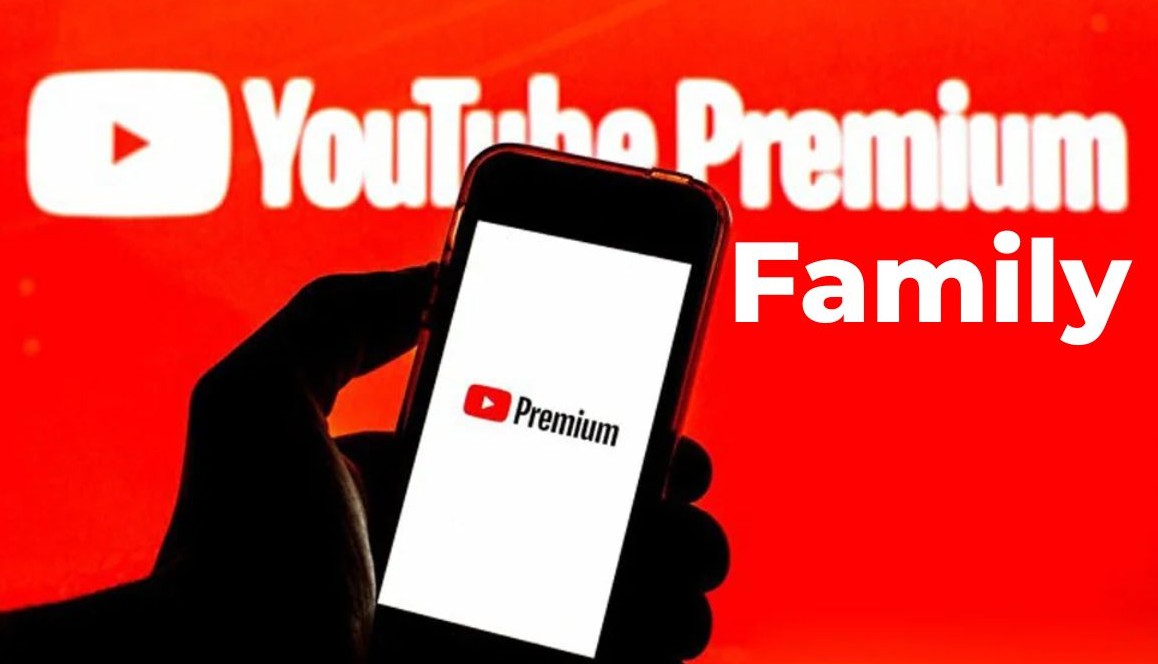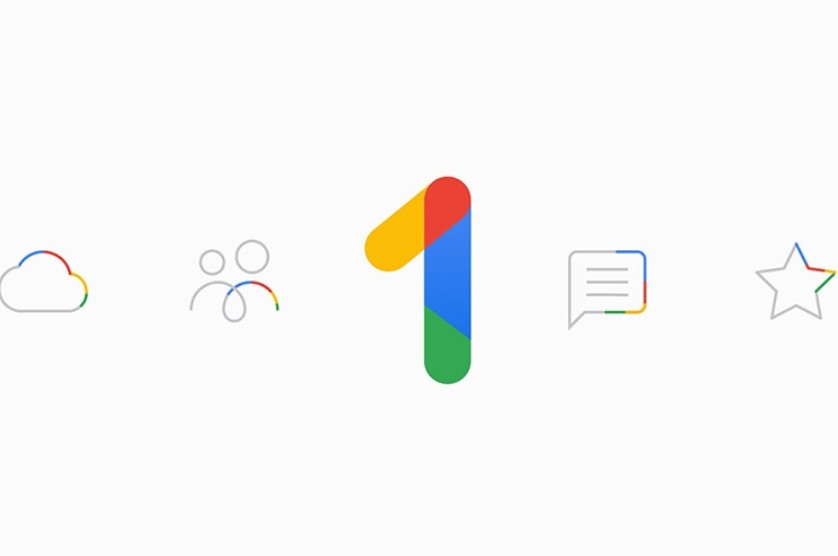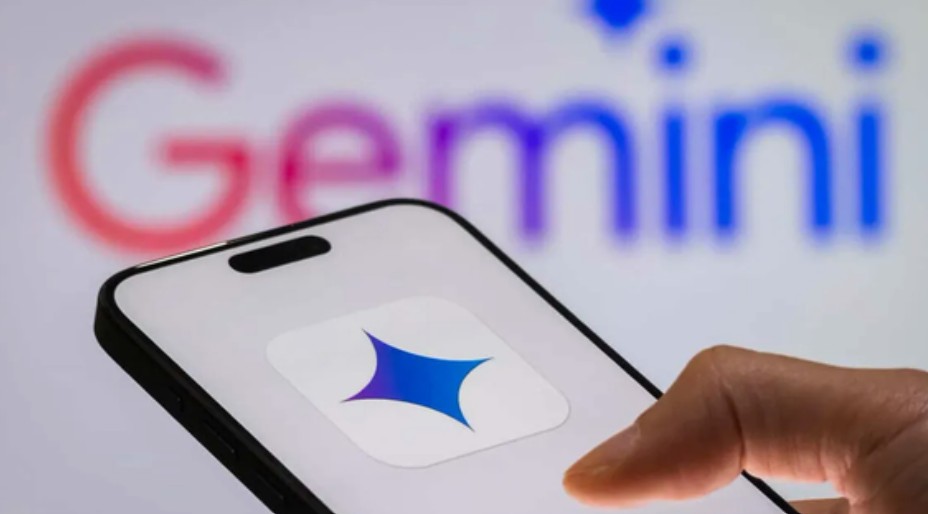Best Selling Products
YouTube Premium Family is being tightened: Goodbye to the days of "sharing together, using less"
Nội dung
According to the international user community, in recent weeks, YouTube has sent warning emails to many members of the Premium Family package.

Over the years, YouTube Premium has become a popular choice for those who want to enjoy ad-free video viewing, offline downloads, and background music playback via YouTube Music. The YouTube Premium Family package is even more attractive when, for just one monthly fee, account holders can share it with multiple family members.
However, like Netflix or Spotify, YouTube soon discovered that this “free sharing” model was being exploited in the wrong way. Instead of being limited to families living in the same address, many people took advantage of the Family package to “share” with friends and relatives living far away to save costs. This situation unintentionally affected the platform’s revenue.
In response, Google has begun to take stronger actions, similar to what Netflix did before. This change could mark a major turning point, not only for users in Vietnam but also around the world, when the "golden age" of sharing Premium accounts illegally is about to end.
1. YouTube starts sending warnings
According to the international user community, in recent weeks, YouTube has sent warning emails to many members of the Premium Family package. The content of the email is quite clear: the system detected that they do not live at the same physical address as the package manager (account owner). If the residency cannot be verified, the Premium account will be suspended for 14 days .
.jpg)
This means that “flagged” users will no longer enjoy YouTube Premium privileges such as:
· Watch videos without ads
· Play music and videos in the background
· Download videos to watch offline
· Access YouTube Music Premium with full features
Instead, they'll return to the standard YouTube experience, which is full of ads and limited in features.
The important point is: to restore Premium benefits, these members are forced to contact Google support and undergo eligibility verification, i.e., prove that they actually live at the same address as the plan owner.
2. The regulation of "living together in the same house" has existed for a long time but has only recently been tightened.
In fact, the requirement that YouTube Premium Family members “live under the same roof” is not new. Since the launch of the service, the terms have clearly stated that all members must have the same residential address as the administrator.
However, for many years, YouTube has been quite “easy” in enforcing this regulation. The system does not strictly check, nor are users forced to verify their addresses regularly. It is this “relaxation” that has created conditions for millions of users around the world to share accounts with friends and relatives far away.
.jpg)
In Vietnam, it is not uncommon for groups of friends to pool money to buy a Premium Family package, with the cost divided into only a few tens of thousands of VND per month. This makes Premium a "bargain" compared to individual registration. But now, with the tightening move, it can be said that "golden age" is coming to an end.
3. Why did YouTube do this?
To understand why Google decided to take such a strong stance, it's important to look at the overall picture of the streaming industry.
First, YouTube advertising revenue is showing signs of slowing down. In the context of a volatile global economy, advertisers are cutting back on spending, causing YouTube's main source of revenue to no longer grow as explosively as before. This forces the company to optimize revenue from paid services, especially YouTube Premium.
Second, Netflix’s success in cracking down on account sharing set a precedent. When Netflix announced it would be cracking down on “freeloading,” the user community reacted angrily, calling it a “blood-sucking” move. However, the actual results were surprising: new subscribers increased dramatically, and revenue grew accordingly. This reinforced YouTube’s belief that, despite initial resistance, the crackdown could be beneficial in the long run.
Third, industry trends show that most streaming platforms are trying to maximize individual subscription value. Having too many people share an account erodes the real value. So Google can’t stay out of this trend.
.jpg)
4. Impact on users
For those who actually use Premium Family within the same family, this move may not make much of a difference. In fact, in the long run, they may benefit from the steady revenue that YouTube provides to maintain and improve the service.
But for those who are “borrowing” or sharing accounts with friends far away, this is really bad news. Instead of only having to spend a few tens of thousands of dong per month, they are now forced to consider registering individually at a much higher cost.
Additionally, the address verification process can be a hassle for many. Providing residency information, synchronizing data, or risking losing Premium benefits can definitely disrupt the user experience.
5. Comparison with Netflix
Netflix is the clearest example of this strategy. When the company announced it would limit account sharing, the online community exploded with criticism. Many predicted that Netflix would lose users and its reputation would decline. But after only a few quarters, the reality showed the opposite: new subscriptions skyrocketed, giving the company more resources to invest in content production.
The lesson is: users may resist at first, but eventually, the need for online entertainment will make them willing to pay. Google is clearly hoping for a similar scenario.
.jpg)
The difference is: Netflix mainly provides movie content, while YouTube has a much more diverse ecosystem, including short videos, long videos, music, podcasts, livestreams... Therefore, the value that YouTube Premium brings is more "comprehensive" and this can be a big advantage in convincing users to pay.
6. How will users in the Vietnamese market react?
In Vietnam, YouTube is almost the most popular online video platform, with a user rate far higher than its competitors. For many years, sharing Premium Family accounts has also become a common habit, especially among young people.
If Google does take the tightening seriously, the initial reaction will be one of discontent . Many users accustomed to low rates will find it difficult to accept higher costs. Social media “account sharing” groups could be severely affected.
However, if we look at Netflix, we can predict that after a period of protest, a large number of users will gradually accept it. Especially when the need to listen to music without ads, download videos offline or play background music on YouTube Music becomes more and more essential, users will consider paying a separate fee instead of abandoning the service altogether.
.jpg)
The big question is: How much will Google tighten its grip?
For now, the email alert appears to be limited to a few regions, rolling out in phases. There is no indication that the policy will be rolled out globally anytime soon.
It's possible Google will take a "softer" approach than Netflix, such as:
· Just remind and encourage users to switch to personal plans instead of blocking them completely.
· Offer new service packages at more reasonable prices to retain the mass user group.
· Provide additional incentives to loyal users to reduce negative reactions.
Regardless, one thing is certain: the “party” of freely sharing YouTube Premium accounts is no longer long. Users need to prepare for big changes.
Google's move to tighten up YouTube Premium Family account sharing is not just a move to manage the service, but also reflects a general trend in the global streaming industry. After Netflix, now it's YouTube's turn, and it's likely that other platforms will follow suit in the future.
For users, this is certainly an unpleasant change, especially for those who are used to sharing accounts to save costs. But in the long run, this can bring benefits to the entire ecosystem: more stable revenue, better service quality, and most importantly, maintaining fairness between users who comply and those who take advantage of loopholes.
The days of YouTube Premium are coming to an end, which could be seen as the end of a long-standing practice, but also the beginning of a new chapter where users have to consider more carefully the value of the service and how much they are willing to pay.












































